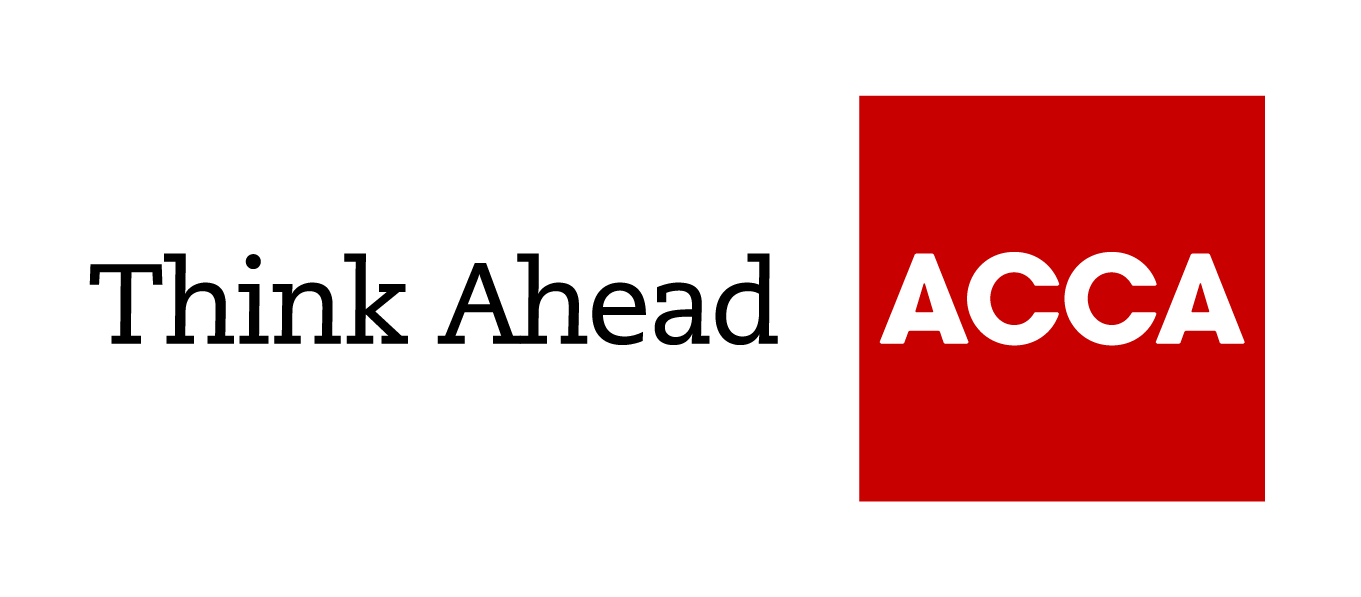Whether you’re considering picking up a side hustle to supplement your main income, searching for a more flexible job while you study or making the leap to full-time self-employment, there are many benefits of working as a freelancer in Australia. Typically, one of the biggest hurdles for international students or new migrants to find full-time meaningful employment is the lack of local experience. But with the help of freelancing, landing that local experience can be made much easier.
Let’s take you through everything you need to know about the gig economy, the different types of freelance work in Australia and the rewards you can reap with this type of employment.
What is the Gig Economy?
The gig economy refers to a labour market that is characterised by short-term contracts, freelance and on-demand work, rather than permanent positions.
While this type of work has always existed in some form, it has risen in prevalence with the development of technology that can connect people to services, such as mobile apps and websites. There are also video conferencing platforms and project management software programs that facilitate this type of work.
The pandemic has also played a significant role in the growth of the gig economy. During this time, more people had the chance to work remotely and many have been inspired to continue working in this way by quitting their permanent jobs and working in a freelance capacity.
In Australia, the national turnover or ‘quit rate’ rose to 9.5 per cent in 2021, the nation’s highest level since 2012. According to CommSec senior economist Ryan Felsman, Australians were changing their jobs or looking for a new role in pursuit of more fulfilling, higher paying and/or more flexible work arrangements.
“The data suggests that Australia’s own version of the ‘Great Resignation’ is well underway, with the pandemic likely contributing to a change in worker behaviours and preferences,” he said.
In their search for a change, many of these workers turned to freelance or independent work. In 2021, statistics showed that 17 per cent of the Australian workforce (2.2 million people) were self-employed.
The rise in the gig economy can also be attributed, in part, to the changing attitudes young people have towards work. For example, ACCA Global – one of the world’s most forward-thinking global accountancy professional bodies – recently surveyed over 9,000 respondents from Generation Z (18-25 years old) about their expectations and hopes for the future of work. Its results found that 57 per cent of participants expect to change jobs within the next two years, while 64 per cent expect to have multiple careers in different disciplines in the future. Clearly, Gen-Z workers value diversity of opportunity and the freedom to change professional pathways – two things that can be found in a freelance work structure.
Working as a freelancer in Australia
With such a wide variety of industries embracing the gig economy, you’ll find all kinds of freelance work in Australia. Here are some of the top sectors in which you can leverage this style of employment.
Ridesharing and delivery services
Ridesharing and food delivery services are incredibly prevalent in the gig economy. This type of work involves driving passengers to their destination or delivering food to them. Usually, your customer connects to you through a third-party mobile app such as Uber, Ola, Didi, Uber Eats or Menulog. Rideshare and food delivery work can be a great way to earn some extra money while studying or supplement your full-time income.
Personal and household services
Many people employ gig workers to help them with personal or household tasks such as dog walking, babysitting, cleaning, painting, gardening or moving furniture. You can find these jobs advertised on websites such as Airtasker, Find a Babysitter, We Need a Nanny or MadPaws. These jobs are usually well-suited to students because they allow you to fit them in around your study and part-time work commitments.
Creative services
The creative industries are one of the largest employers of freelance workers. Many artists, writers, designers and musicians work for themselves on a freelance basis. Whether it’s selling your art on Etsy, designing graphics for a large company or writing articles for a magazine, there’s plenty of work to be found for creatives in Australia. You can find work through Facebook groups in your industry and websites such as Upwork and Fiverr.
Professional services
Many businesses employ workers on a freelance basis to conduct a range of different services, including consulting, marketing and accounting. Freelance accountants are particularly well-poised to embrace a more independent style of work.
Many companies, such as CFO Centre, are leveraging freelance accounting work by ‘renting’ a Chief Financial Officer (CFO) on a contract basis rather than hiring these executives permanently. Additionally, charities may look to hire voluntary accountants for projects, while the Australian Taxation Office (ATO) recruits and trains Tax Help Volunteers during peak tax returns periods to help lower-income residents with tax returns.
You can find freelance accounting jobs on sites like LinkedIn, and on freelance accounting job boards. Better yet, you can acquire new skills, explore career destinations and opportunities with the ACCA Career Navigator
Read more:
The benefits of working as a freelancer in Australia
Flexibility
Between academic, social and other work commitments, it can be challenging to balance all your responsibilities in a sustainable way. Freelancing gives you the option to choose your own hours and schedule your work around your other life commitments. This might mean working in the evening instead of during the day, having a three-day work week or working remotely from an international location.
Autonomy
As a freelancer, you can organise your working day to suit you. Whether that’s working on the more creative tasks in the morning and leaving the emails to the afternoon or simply choosing the type of work that you take on – it’s all up to you.
Pursue your passion
It can be challenging to find a full-time job in the career that you love but it’s often easier to find a few occasional gigs in that role. This gives you the chance to gain experience in your dream career and pursue your passion. Even if you don’t end up freelancing forever, this experience can help you find a more permanent role in the future.
Local experience
Your academic and professional qualifications will position you well for your career, but nothing beats having the local experience that employers are looking for. By gaining local experience, you’ll develop interpersonal, communication, professional and social networking, and problem-solving skills that will give you a competitive edge in the industry.
Diversity
As a freelancer, you’re probably going to be working with a few different clients at one time. This means that you’re not going to be doing the same thing every day and you’ll be learning about many different industries. For example, a self-employed accountant may help a client in the advertising industry one week and help a client in the sustainability sector the next. When you work as a freelancer in Australia, the world is your oyster!






